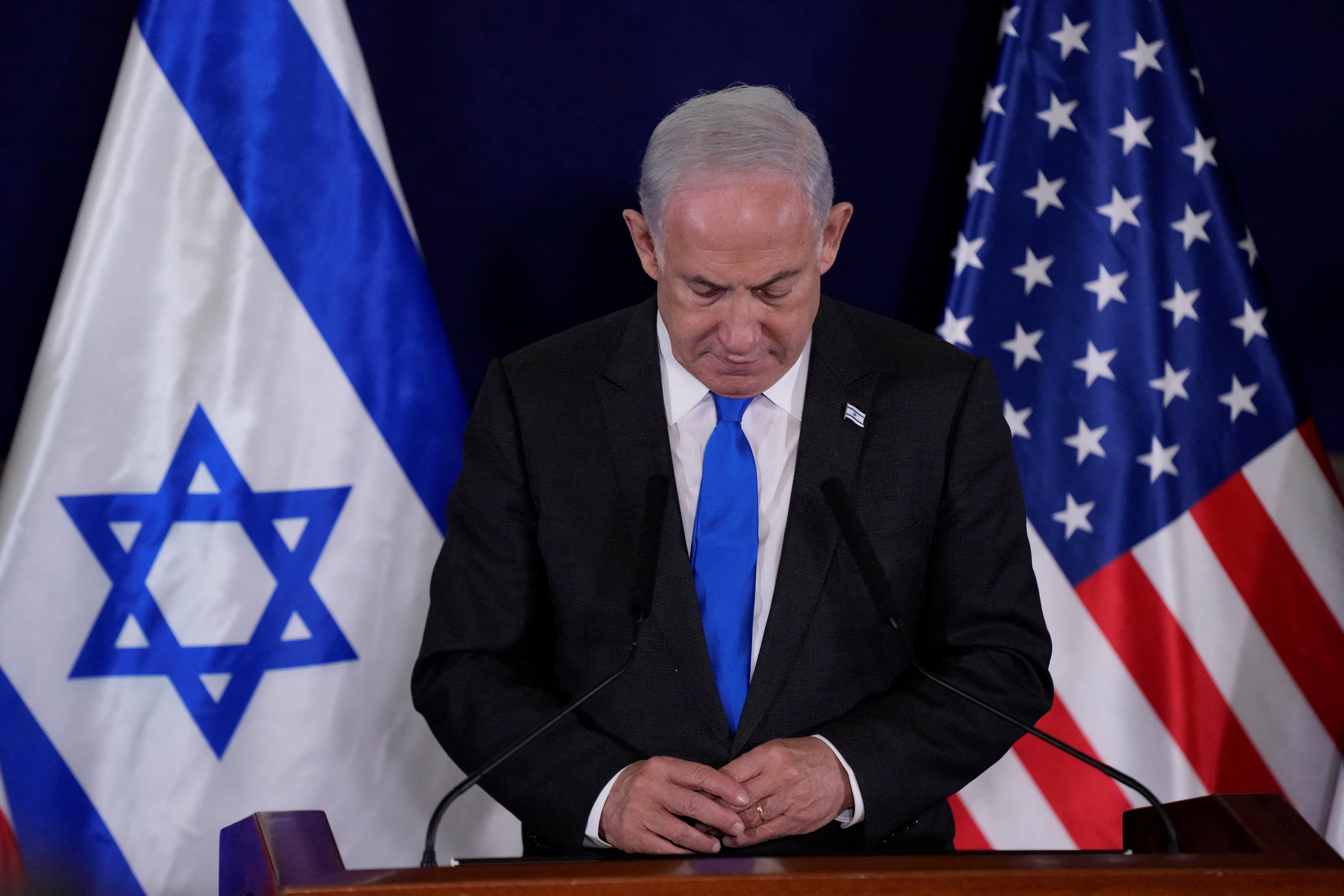Six days after Hamas launched one of the biggest-ever attacks against Israel, the country’s military campaign in the Gaza Strip is ramping up. The Israeli military has ordered some 1.1 million civilians living in the northern half of the Strip to move south ahead of an expected ground invasion.
So far, Israel’s Air Force has dropped more than 6,000 bombs on the Strip, targeting Hamas leaders and infrastructure. But Israel’s military positioning has shifted: In contrast to previous military campaigns where its focus was on conducting surgical strikes on military sites, the IAF is expanding its mandate to include a broader range of Hamas-linked targets, even when they also serve civilian purposes. For instance, in recent days, Israel bombed the Islamic University of Gaza, where it said Hamas engineers were being trained to build explosives.
The fact that Hamas is launching its operations from civilian strongholds is also no longer a deterrent for the Israeli military.
Israelis across the right and left, bitterly divided over politics, overwhelmingly back the government’s stated aim of eradicating Hamas and making this the last war Israel fights with the terror group. They also are united in mutual loathing for the current government – led by PM Benjamin Netanyahu – which failed to preempt and respond to Saturday’s carnage, and, according to the public, is responsible for the failed Gaza policy in the first place. A whopping 86% of those polled say the government is responsible for Saturday’s massacre, according to a new Jerusalem Post poll.
Netanyahu, who has been premier for the past 13 years (minus a brief stint in opposition), has sought to bolster Hamas in the Gaza Strip to weaken its rival, the Palestinian Authority, which controls parts of the West Bank.
As long as the secular nationalist PA remains feeble under octogenarian President Mahmoud Abbas, the thinking went, Bibi and his right-wing governments could avoid having real conversations about Palestinian statehood.
Under Netanyahu’s watch, Hamas has received truckloads of cash from the Qataris that it has used to bolster its terrorist infrastructure. What’s more, it increased work permits for Gazans in Israel to nearly 20,000 in 2023 compared to 2,000-3,000 in 2021 in an attempt to keep the calm in Gaza.
Part of this approach was rooted in a core belief: better the devil you know than the one that you don’t. As a result, Israel was willing to tolerate rocket attacks and semi-regular military flare ups with Hamas and other terror outfits. But Saturday’s massacre has shown this to be an abject policy failure.
“We have here the collapse of Netanyahu’s conception that if he weakens PA and strengthens Hamas,” the status quo can be maintained, said al-Monitor journalist Ben Caspit at a webinar on Thursday.
So what – or who – comes next? Although no one knows who might take over the Gaza Strip if Hamas is wiped out, Israeli leaders no longer believe that tomorrow could be worse. The worst has already come.
